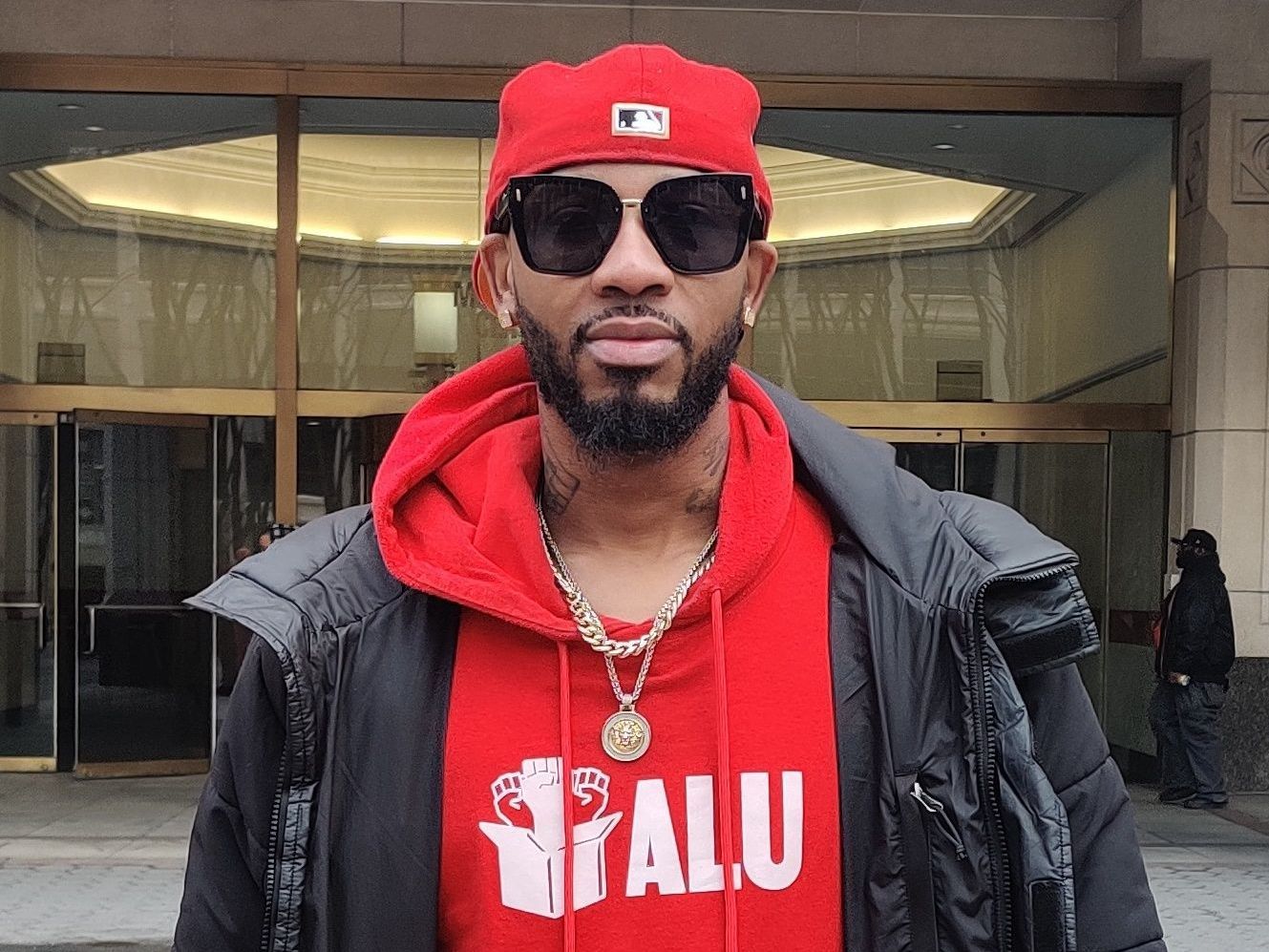7 Practices for Afrocentric Leadership
Afrocentric leadership intertwines age-old African philosophies, traditions, and values into contemporary leadership paradigms. It offers a refreshing perspective that places community, heritage, and mutual respect at the core. In our dynamic global landscape, such an approach not only celebrates African wisdom but also provides inclusive strategies beneficial for diverse settings. Here are seven pivotal practices that underscore Afrocentric leadership skills:
1. Ubuntu: A Collective Ethos
Originating from the Nguni Bantu term, Ubuntu translates to "I am because we are." This philosophy is foundational to Afrocentric leadership, emphasizing communal achievement over individual success.
- Application: Cultivate a team ethos where successes are collective and challenges are addressed collaboratively. This fosters trust, mutual respect, and a harmonious working environment.
2. Power of Oral Narratives
Storytelling is a cherished tradition in African cultures, used to convey wisdom, heritage, and moral lessons.
- Application: Harness stories to communicate values, vision, or changes within the organization. Narratives can bridge understanding, foster a shared identity, and inspire action.
3. Valuing Elders and Ancestral Wisdom
Elders in African societies are reservoirs of knowledge and experience. They guide and mentor the next generation, ensuring continuity and preservation of wisdom.
- Application: Encourage mentorship programs and intergenerational dialogues within the organization. Such exchanges enhance decision-making, foster respect, and bridge generational gaps.
4. Holistic and Inclusive Decision-Making
Afrocentric leadership stresses the importance of making decisions that cater to the larger community and ecosystem.
- Application: Decisions should take into account their broader impact, encompassing community welfare, environmental sustainability, and long-term repercussions.
5. Cultural Affirmation and Authentic Self-Expression
Afrocentric leadership champions the pride of African heritage, traditions, and values.
- Application: Create an organizational culture that values diversity and encourages individuals to express their unique cultural identities. Celebrate cultural events and encourage inclusive dialogue.
6. Community Building through Mentorship
The adage, "It takes a village to raise a child," epitomizes the importance of collective effort in African societies.
- Application: Prioritize mentorship and knowledge-sharing initiatives. Establishing a sense of community ensures every member feels empowered, supported, and valued.
7. Reciprocity and Mutual Respect
In many African communities, interactions are built on a foundation of give-and-take, ensuring harmonious coexistence.
- Application: Foster an organizational climate where mutual respect is paramount. Encourage open dialogue, active listening, and ensure every voice, regardless of rank or tenure, is valued.
Afrocentric leadership skills are a testament to the depth and richness of African wisdom. By integrating these practices, leaders can carve pathways that honor heritage while building inclusive, sustainable, and vibrant organizations. Leadership, after all, is not just about guiding but about connecting, understanding, and enriching communities.







